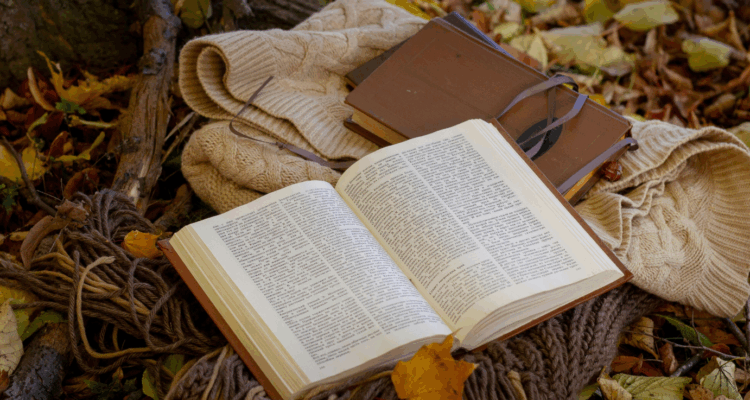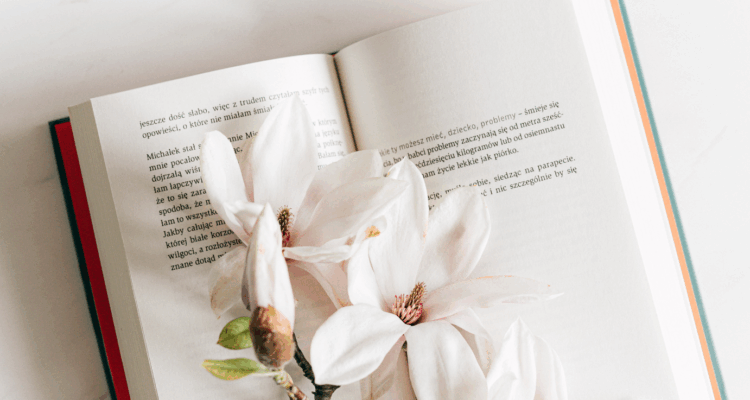Featured Poem: Silence by Thomas Hood
Silence is golden, or so we’re often told. Like most idioms randomly plucked from thin air or a weighty dictionary it may appear well-worn, somewhat tired and no longer relevant, especially in a world which places so much emphasis on having something to say. Yet, dig a little deeper and it’s evident that this apparently empty phrase has considerable meaning. As someone who has always been a little unnerved by the complete absence of sound I’m slowly learning to appreciate the value of a good chunk of quiet time, other than in the library or the dead of night (although I can’t quite shake the habit of having the hum of something in the background when I’m alone, even when I’m reading...a cardinal sin to some I’m sure). There’s no doubt that when things are going a million miles an hour that even a few moments of silence are a treasure, something invaluable and not to be underestimated. The phrase itself has been chopped down for convenience – or perhaps to preserve a bit more silence; in full it states that “speech is silver, silence is golden”. The simple – at least on the surface - comparison gives rise to a whole set of considerations, and also imbues ‘silver tongued’ with a slightly difference nuance of meaning. We could sit and ponder for hours, but boiled down it seems to say that at times, silence is preferable – and indeed, much more powerful – than a few hasty words said for the sheer sake of it. I suspect it’s a notion we can all identify with, often due to rather embarrassing personal experience.
And so, in suitably philosophical mood, it’s on to this self-explanatory poem by Thomas Hood. Well, that’s only partly true. In fact, the title is probably the only uncomplicated part of it. Straight away, Hood plunges us head first into wondering and debate by introducing two distinctive types of silence. Yes, silence isn’t just simply silence; it can be categorised. There is first the silence ‘where hath been no sound’ – simple enough, he must be talking of those nooks and crannies of the world; uncharted, uninhabited, few and far between but still there if you look long and hard enough. The second however is more of a puzzle; the silence ‘where no sound may be’. It’s the element of possibility here that sparks off thought; the fact that there may be something or nothing, that that something may be silent by nature or consciously choose to be so. Reminiscent of that famous scenario contemplated by many a cod-philosopher: if a tree falls in the woods and nobody is around to hear it, does it still make a sound? Here, it seems to be that Hood is speaking of a place where people have been in the past but are now excluded from, caught up in the flow of life or indeed, being taken from it altogether. Even when man is gone and human sound ceases, the green ruins, desolate walls and antique palaces continue to exist with the solidity of their ‘silence’ – or rather the subtle sound and paralleled peace of nature. This poem, to me, is about much more than the absence of sound – it’s also about life, loss, discovery…or the absence of that. It also brings to mind a variety of other poems; specifically, given the golden quality of silence, Nothing Gold Can Stay by Robert Frost. There’s a certain sadness about the silence described here and the fact it hasn’t stayed - at least not for us living in the hectic modern world - but it’s also comforting to know that somewhere it still exists, pure and unharvested (funnily enough, the title of another Frost poem...strange how reading one poem can produce a domino effect!).
Silence
There is a silence where hath been no sound,
There is a silence where no sound may be,
In the cold grave--under the deep, deep, sea,
Or in wide desert where no life is found,
Which hath been mute, and still must sleep profound;
No voice is hushed--no life treads silently,
But clouds and cloudy shadows wander free,
That never spoke, over the idle ground:
But in green ruins, in the desolate walls
Of antique palaces, where Man hath been,
Though the dun fox, or wild hyena, calls,
And owls, that flit continually between,
Shriek to the echo, and the low winds moan,
There the true Silence is, self-conscious and alone.
Thomas Hood (1799-1845)
Share
Related Articles

October’s Monthly Stories & Poems
October is of course associated with all manner of ghosts, goblins and things that go bump in the night. We’ve…

August’s Monthly Stories and Poems
Summer can be a time to reset, giving ourselves pause before life picks up pace again in the later months…

July’s Stories & Poems
As the season is now in full swing, we are celebrating summer days and sunshine in July’s Monthly Stories and Poems pack.…


